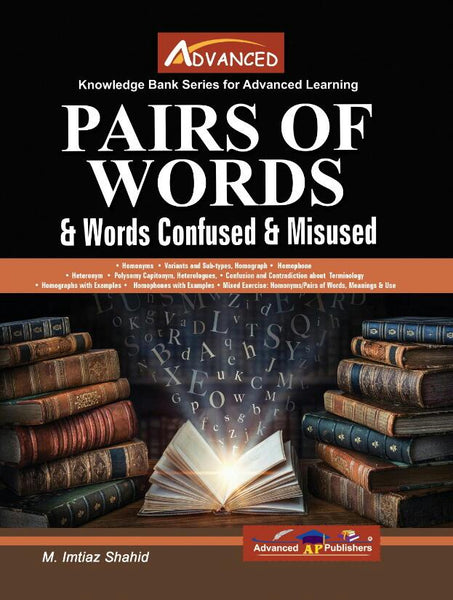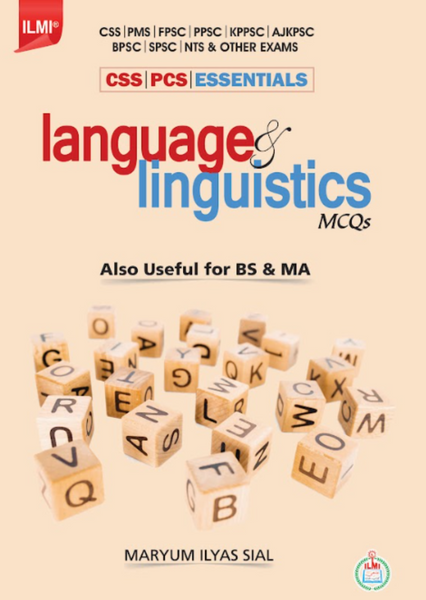Mourning Becomes Electra by Eugene O’Neill – Kitab Mahal
- Publisher: Kitab Mahal (Pvt) Ltd , KM
- Availability: In Stock
- SKU: 17818 R1 0272
- Number of Pages: 472
Rs.510.00
Tags: American drama , American theatre , ancient Greek influence , ancient themes in modern settings , BS , complex characters , Critical Studies , dark emotions , dramatic conflict , dramatic literature , dysfunctional family , English , English fiction , Eugene O'Neill , familial conflict , Greek tragedy , human nature in theatre. , justice and retribution , Kitab Mahal , Kitab Mahal (Pvt) Ltd , KM , Lavinia Mannon , modern adaptations of classics , modern tragedy , Mourning Becomes Electra , O'Neill's legacy , O'Neill's plays , Oresteia , revenge , Text , theatre and psychology , theatrical adaptations , tragic fate , Urdu Tarjama , vengeance , With Urdu Translation
Mourning Becomes Electra is a powerful trilogy of plays written by Eugene O'Neill, first performed in 1931. The work is a modern adaptation of the ancient Greek tragedies, particularly the Oresteia by Aeschylus. Set during the American Civil War, the plays explore themes of revenge, guilt, and the destructive effects of family secrets. The trilogy follows the Mannon family, focusing on Lavinia Mannon’s quest for revenge against her mother for the murder of her father, paralleling the themes of fate, justice, and familial duty found in Greek drama. O'Neill’s complex characters and dark portrayal of human emotions make it a major work in the American theatrical canon.
Key Points
-
Modern Tragedy
Mourning Becomes Electra is a reimagining of Greek tragedy in a modern context, using the Mannon family to explore universal themes of revenge and justice. -
Themes of Revenge and Guilt
At the heart of the play is a cycle of vengeance that mirrors the ancient tales of the Oresteia, with characters driven by guilt and the need for retribution. -
Family Dynamics
The dysfunctional Mannon family, with its complex relationships and dark secrets, is central to the story. The play examines the psychological impact of family conflict. -
Psychological Complexity
O'Neill delves into the psychological turmoil of the characters, particularly Lavinia, whose actions are motivated by deep emotional and psychological conflict. -
Oresteia Influence
The structure and themes of Mourning Becomes Electra are heavily influenced by the Greek tragedy Oresteia, specifically in its portrayal of familial conflict, murder, and revenge.
























